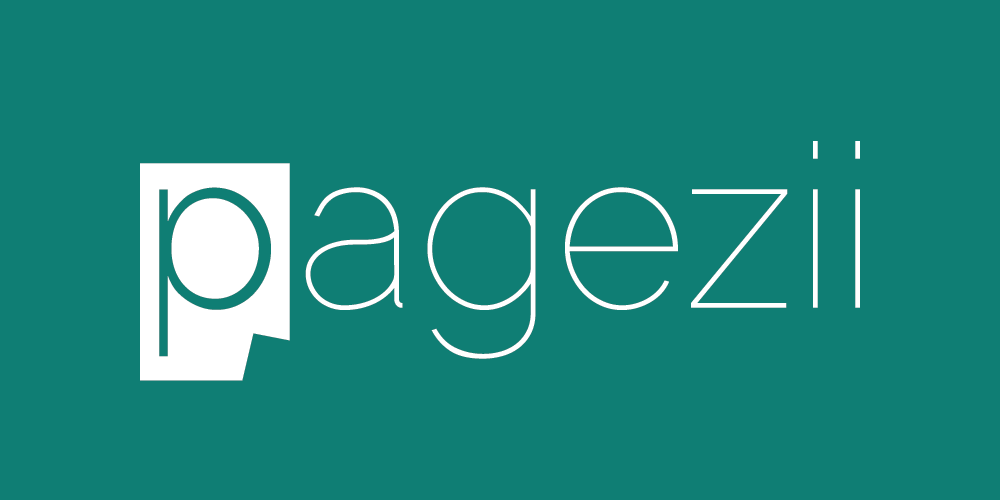PHP Framework review
I decided to cover a few popular PHP frameworks in this post. This isn’t a thorough review, but should give you some idea on which framework to research further.
Why use a Framework?
First of all, let’s discuss why a Framework should be used.
- Faster development cycles
- Easier to reuse code
- Handles low-level security
- Makes you follow the MVC pattern
- Promotes modern web development practices
CakePHP
CakePHP is one of the oldest PHP frameworks out there and offers some superb built-in security right off the bat (e.g. input validation, SQL injection prevention, cross-site scripting block, etc). Some big name brands have built their website on this framework. Learn more about CakePHP.
CodeIgniter
A light-weight PHP framework that does a decent job. It’s small, fast and very minimalist. It also gives developers more freedom by not following the MVC development patterns so strictly. Learn more about CodeIgniter.
Zend Framework
Is a heavy-duty framework that’s recommended for larger projects. It has many cool features such as an drag-n-drop editor, online debugging, unit testing and database connection wizard. Learn more about Zend.
Symfony
Is a very popular PHP framework with reusable PHP libraries that you can complete different tasks with. It has a nice developer community behind it. Learn more about Symfony.
Laravel
Is a new and rapidly emerging framework with strong community support. It offers many of the same built-in features as the other frameworks, in additional to several other cool features. For instance, it has a light-weight templating engine called Blade and a local development environment called homestead – all these help with rapid application development. Learn more about Laravel.








